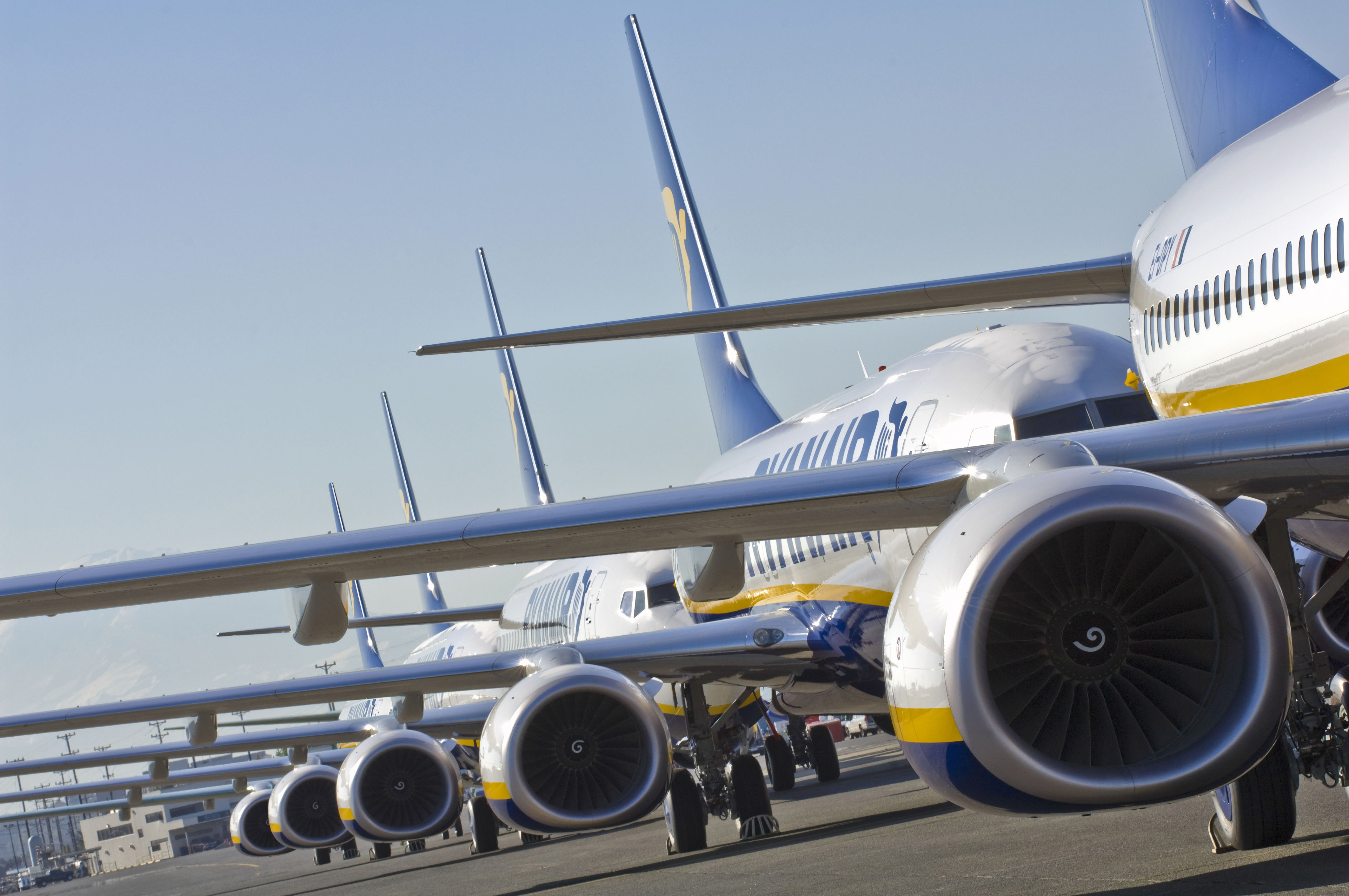
The deal between the two companies was announced in September, after Ryanair had persuaded Boeing to add 11 additional seats to the 737 MAX 8, bringing the total per plane to 200. Hence the designation 737 MAX 200.
Boeing will stuff another 11 seats into the plane’s cabin, putting the 737 MAX 200 a step ahead of the 189 seats on the Airbus A320neo. Ryanair is the largest low-cost carrier in Europe, and having capacity for 199 passengers maximizes the economics of the company’s planes: Adding a 200th passenger means adding another flight attendant.
Through the end of October, Boeing reported unfilled orders for 4,037 737s, of which 2,326 are orders for the 737 MAX family of planes. The 737 MAX 7, MAX 8 and MAX 9 are not scheduled for first deliveries until 2017, significantly later than the late 2015 entry-into-service target date for the A320neo from Airbus.
Beginning with its 737-700, Boeing designated the aircraft as Next Generation 737s. The most popular is the 737-800, which can carry up to 189 passengers and has a range of about 3,500 miles at a cruising speed of 590 miles per hour. The 737-800 has a list price of $93.3 million.
ALSO READ: America’s 50 Best Cities to Live
Southwest Airlines Co. (NYSE: LUV) flies the 737 exclusively and currently has 633 of the planes in its fleet. Of those, 499 are 737-700s and 737-800s. Since 1971, Southwest has taken delivery of 659 737s and has another 282 on order, according to Boeing. Of the planes on order, 200 are in the 737 MAX family.
Delta Air Lines Co. (NYSE: DAL) has 110 of Boeing’s 737s in service, all Next Generation models, and United Continental Holdings Inc. (NYSE: UAL) has 281 of the Next Gen 737s in service, the most of any aircraft in its fleet.
The (currently available) Next Gen 737s are powered by a pair of CFM56-7BE engines that were introduced in 2009 by CFM International, a joint venture between General Electric Co. (NYSE: GE) and French engine maker Snecma. Combined with improvements to the 737’s airframe, an aircraft equipped with the new engines enjoys a 2% reduction in fuel consumption.
The plane’s flight deck includes technologies showing the current and predicted flight path of the aircraft and potential conflicts with the terrain, as well as a heads-up display to provide flight and safety information at eye level.
The list price range for a 737 aircraft starts at $78.3 million for a 737-700 and climbs to $113.3 million for a 737 MAX 9. Compared with the competitive Airbus A320 family models: the 737-700 costs $7.5 million less than the A319, the 737-800 costs $600,000 less than the A319 and the 737-900ER costs $11.1 million less than the A321.
Using a new CFM engine, the LEAP-1B, the 737 MAX is expected to reduce both fuel consumption and carbon emissions. The more fuel-efficient engines are also expected to increase the new plane’s range to about 4,150 miles.
More and better computing technology, new and more fuel-efficient engines, and improvements in materials and construction all combine to push up the cost of new designs. The $113 million list price for the largest of the new 737 MAX family is still just over a third the cost of the wide-body Boeing 777-300ER, which costs $330 million.
The next generation of the 777, the 777X, is expected to go into service in 2020, and the top-of-the-line 777-9X, which can carry up to 400 passengers, now carries a list price of $388.7 million. In general, as a plane’s capacity rises, so do its costs. Airlines try to offset rising prices by stuffing a few more seats in the cabin and, of course, thinking up new fees to charge passengers.
ALSO READ: World’s Most Popular Aircraft: Boeing 737 or Airbus 320?
Find a Qualified Financial Advisor (Sponsor)
Finding a qualified financial advisor doesn’t have to be hard. SmartAsset’s free tool matches you with up to 3 fiduciary financial advisors in your area in 5 minutes. Each advisor has been vetted by SmartAsset and is held to a fiduciary standard to act in your best interests. If you’re ready to be matched with local advisors that can help you achieve your financial goals, get started now.
Thank you for reading! Have some feedback for us?
Contact the 24/7 Wall St. editorial team.